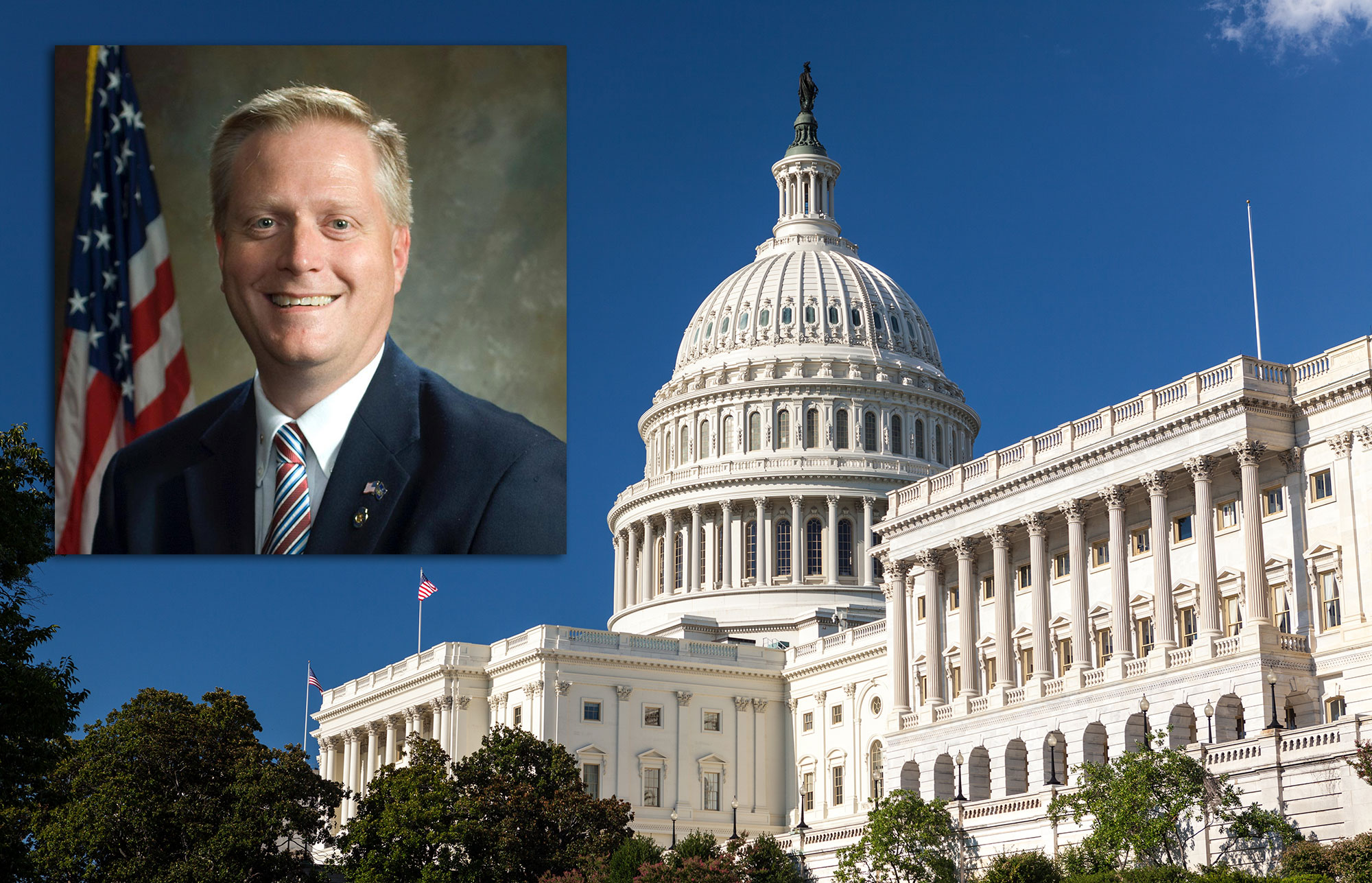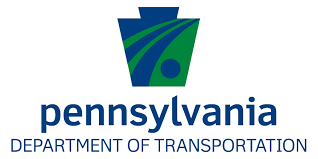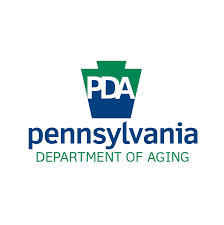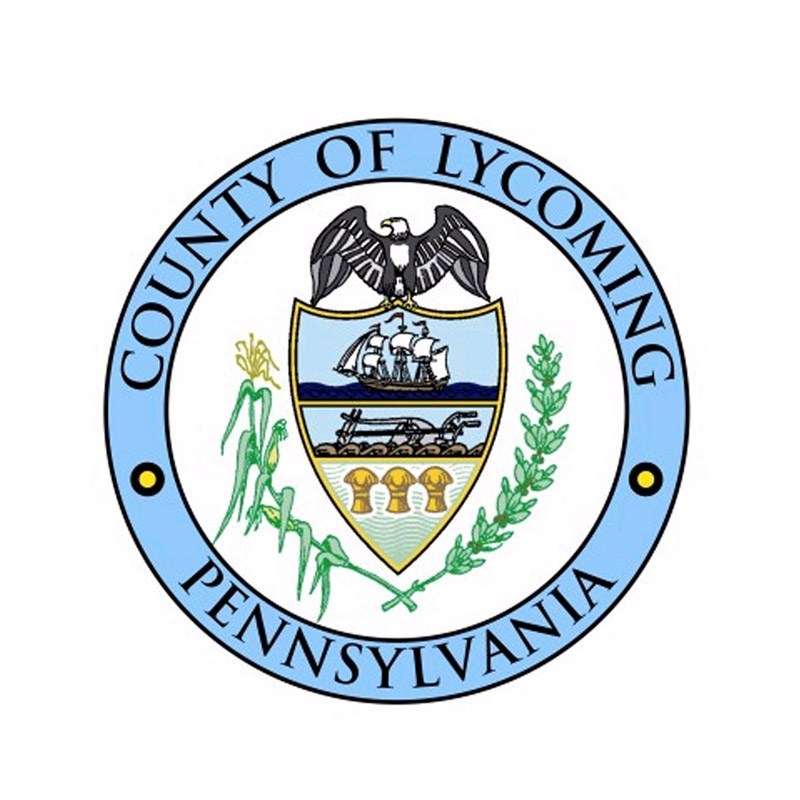Harrisburg, Pa. – Governor Tom Wolf and First Lady Frances Wolf released the following statement following the loss of Justice Ruth Bader Ginsburg:
“Frances and I offer our sincerest condolences to the family of Justice Ruth Bader Ginsburg. Justice Ginsburg was a truly remarkable figure in American history, as both a tireless defender of the Constitution, and as a pioneer for gender equality. Justice Ginsburg’s historic opinions from the bench broke down barriers for women and protected the vulnerable.
“Her contributions to our country cannot be overstated. Justice Ginsburg’s life and career have made America a more fair and equitable place. She was a tireless pioneer and made monumental and lasting contributions on issues such as gender equality, a woman’s right to choose, voting rights, immigration, health care and affirmative action. Justice Ginsburg never shied away from standing out by standing up for civil rights and equal protections.
“We join the country in mourning the passing of Justice Ginsburg.”










